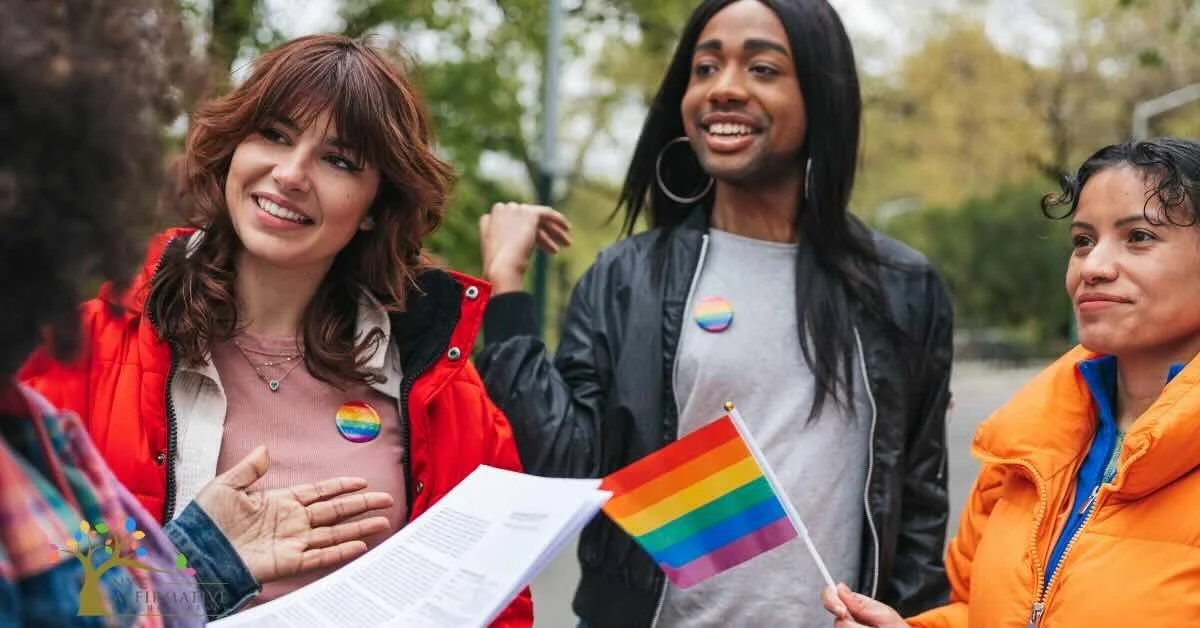
Healing Justice and Mental Health: NYC Resources for Queer BIPOC Communities
This article explores healing justice, its significance, and resources like the Kindred Southern Healing Justice Collective and the Healing Justice podcast, which offer invaluable support to queer BIPOC communities along with NYC Affirmative Psychotherapy.

5 Signs It’s Time to See a Therapist for Depression: A Queer BIPOC Perspective
With societal stigma, intergenerational trauma, and economic inequities creating barriers to care, queer BIPOC individuals may delay or avoid seeking mental health support. Recognizing the signs of depression and knowing when to seek help is vital for maintaining emotional well-being. This guide explores five key signs for queer BIPOC individuals to consider therapy, with an emphasis on their distinct experiences.

Queer BIPOC Organizing in NYC: How to Get Involved and Find Support
Community organizing offers a profound sense of connection and belonging, especially for queer BIPOC individuals who may feel marginalized or isolated. In a bustling city like New York, where systemic inequities often weigh heavily on mental well-being, engaging in community-driven movements can provide emotional support and empowerment. By uniting around a shared vision for equality, civil liberties, and social justice, queer BIPOC individuals can find solace in knowing they are part of something larger than themselves.
